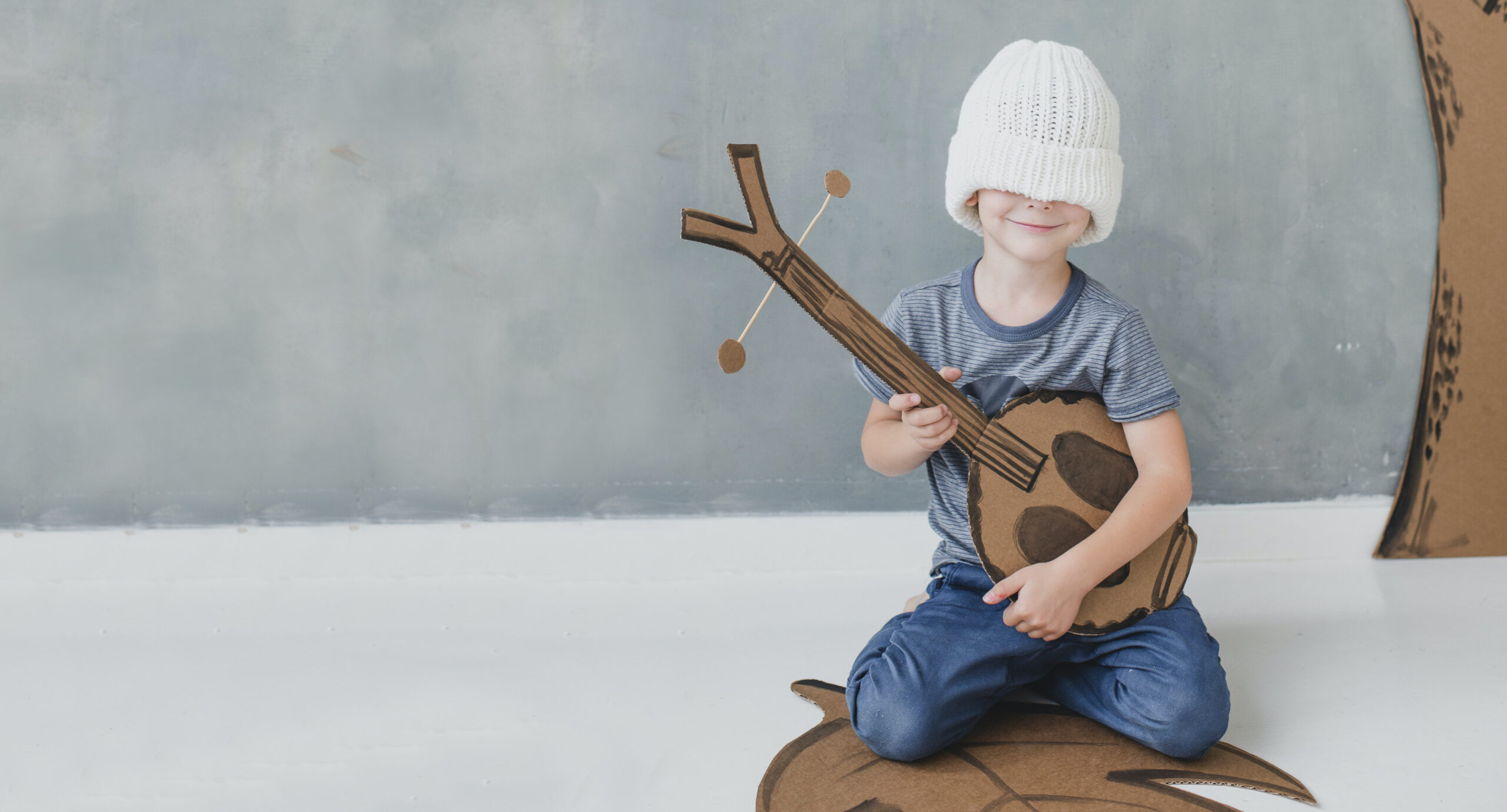“Popper’s views provide an explanation for why [children’s] curiosity is lost (a reaction to the bucket-stuffing that parents and schools force upon children) and a way to avoid its loss (simple—get rid of the bucket stuffing!)”
– Steve Graham
From the archives: The original post was posted on 18th March, 1995
A poster wrote:
“Could someone explain to me how this discussion of Popper, Newton, and Einstein helps us take children seriously? Piaget’s genetic epistemology, Werner, Vygotsky yes. But what is the connection between Popper’s epistemology and the everyday lives of children?”
Karl Popper is often thought of as a philosopher of science. But more generally, he dealt with whether (and how) we can learn and know things. He studied the “growth of knowledge”.
Popper was a rationalist and a champion of rationalism (and realism), and part of taking children seriously is treating them as though they are rational beings, rather than denigrating their ability to reason and regarding it as necessary to coerce them into doing “the right thing.”
Or, a slightly different answer:
Many approaches to education and parenting adopt what Popper has called “the bucket theory of the mind”—that people learn by acquiring bits of experience (normally through the senses)—i.e., filling up the bucket which is their mind. Such a view can be used to support approaches which aim at adding stuff to the bucket. Traditional education can be looked at as a massive, standardized, bucket-stuffing operation.
Popper criticizes this view and offers an alternative (“the searchlight theory of the mind”) which focus on internally generated theories/hypotheses/conjectures which are then tested against reality and experience and background knowledge. Theories which are wrong will be refuted through a testing/critical discussion process. Surviving theories may be true. The “searchlight” represents an individual’s chosen focus of their attention (and conjectures and refutations) as they explore the world around them. (And the fact that simply by choosing a focus any experience of the world is already theory-laden.)
Given Popper’s view, approaches (to education or child-rearing) based on the Bucket theory are at best a waste of time. And at worst, actively interfere with the “searchlight” style of learning, resulting in wrong theories becoming entrenched because they aren’t subjected (appropriately) to the glare of testing.
If Popper’s view of learning is correct then that has major implications for the everyday lives of children. Sarah Fitz-Claridge1 has applied Popper’s ideas, and has adopted and advocates a completely non-coercive approach to child-rearing and education.
Popper’s ideas seem to have a variety of implications—including the importance of honesty and consistency in interacting with children, and the importance of providing them with access to opportunities for exploration—but not forcing such explorations upon them.
Personally, one of the tragedies I see in the way many children grow, is that somehow, somewhere, they lose that insatiable curiosity which seems so typical of children. To me, Popper’s views provide an explanation for why that curiosity is lost (a reaction to the bucket-stuffing that parents and schools force upon children) and a way to avoid its loss (simple—get rid of the bucket stuffing! <and maybe provide batteries for the child’s searchlight>).
Editorial Note by Sarah Fitz-Claridge
1. Just to be clear, it was actually David Deutsch who saw the link between Karl Popper’s epistemology and educational theory. I myself had never even heard of Popper when I first met David, and it was David who introduced me to Popper’s ideas, as I said here and here. – Sarah Fitz-Claridge
See also:
- How will current theories of education look in the future?
- An Objectivist’s assessment of Karl Popper
- “Unless we get children try different things, how will they ever learn which things are fun and which are not fun?”
Steven K. Graham, 1995, ‘Popper’s epistemology and the everyday lives of children’, https://takingchildrenseriously.com/poppers-epistemology-and-the-everyday-lives-of-children/
